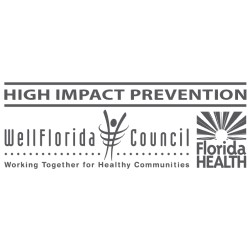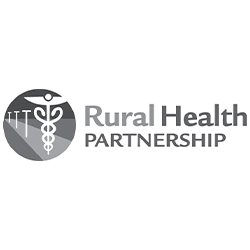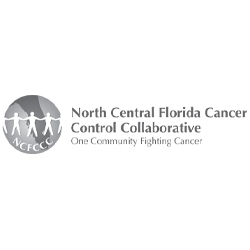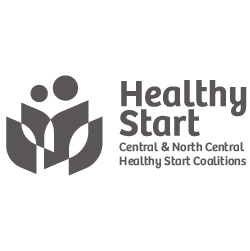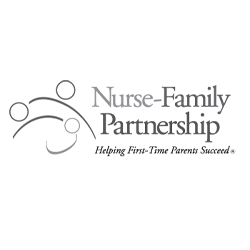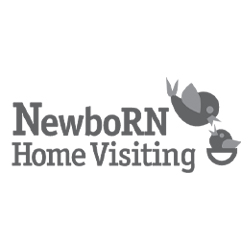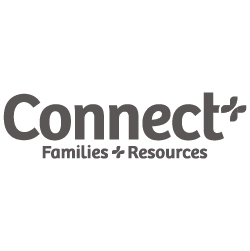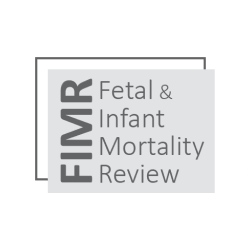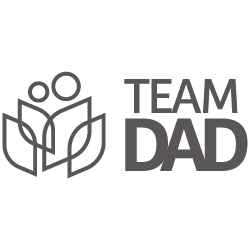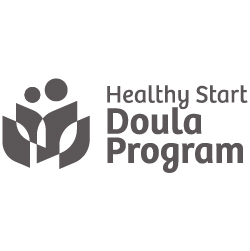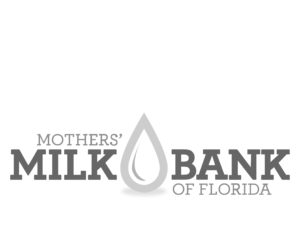Hospital district will survey local health needs
Ocala Star Banner
By Fred Hiers
The Marion County Hospital District is taking a step this week toward opening its financial spigot and sending money to help local nonprofit health care and social service providers.
The district, which received about $212 million a year ago from leasing Munroe Regional Medical Center, is planning to use the money to fund nonprofits that work to improve the health of county residents. Without specific guidelines as to how the money should be spent, the seven-board-member district has worked for the past few months toward determining the county’s health care needs and where money would be most effective. This week, the district, which owns Munroe on behalf of the public, is sending out three-page questionnaires to health facilities and government facilities — such as libraries — for the public to answer questions about their own health and access to health care.
There will be three sets of questions — for patients and the general public, businesses, and physicians.
WellFlorida Council, a nonprofit health council for north central Florida that specializes in health consultancy, will distribute and collect the questionnaires and analyze the responses, said Ed Dean, consultant to the district.
WellFlorida will tabulate the data along with other patient information — such as from local emergency rooms and hospitals and national health care rankings — and will make recommendations to the district this summer about where the county needs help.
“Then we’ll have a real picture of where we are in Marion County and what we need to do,” Dean said.
The questionnaires are posted on the district’s website at:http://mchdt.org/trustees/. Participants can fill them out there.
The district also is encouraging its survey partners to post the questionnaires on their websites. Those partners include Ocala Regional Medical Center, Munroe, The Florida Department of Health in Marion County, Heart of Florida Health Centers, Hospice of Marion County and The Centers.
The district invested the lease money soon after receiving it a year ago and plans to use the interest to help fund health care programs.
The amount given to support health care causes will likely be between $2 million and $4 million annually.
There is no shortage of health care needs in Marion. The county ranked this year 42nd among Florida’s 67 counties, down one spot from last year, in the latest version of the University of Wisconsin Population Health Institute and the Robert Wood Johnson Foundation’s annual county health rankings.
The report issued last month measures U.S. counties’ health by examining indicators such as mortality, alcohol use and access to health care. Marion ranked 48th for mortality and morbidity rates and 39th in other health-related behavior.
The district and WellFlorida, for the upcoming survey, is building on a report the county commissioned three years ago to measure the area’s health care needs.
The Community Health Improvement Plan in 2012 showed that:
*Fewer Marion residents had high school and college educations on average than the rest of Floridians
*Marion County had higher rates of children in poverty
*More single-parent homes and lower incomes
Other studies also show that Marion County residents have higher rates of obesity, diabetes, smoke tobacco and are less active than other Floridians.
Dean said that while the 2012 report is important, it also is important to update, given that much of it was 2009-2011 data.
“The district is the new partner on the scene, and envisioning a great program. So that’s why it’s so critical to have the most up-to-date information we can,” Dean said. “This is an in-depth thing.”
Once the district determines the health care needs of the community, it plans to accept grant applications by the end of the year from local nonprofits that can address those health care and social service needs. The district will disburse the money beginning in 2016.
Back to News page
